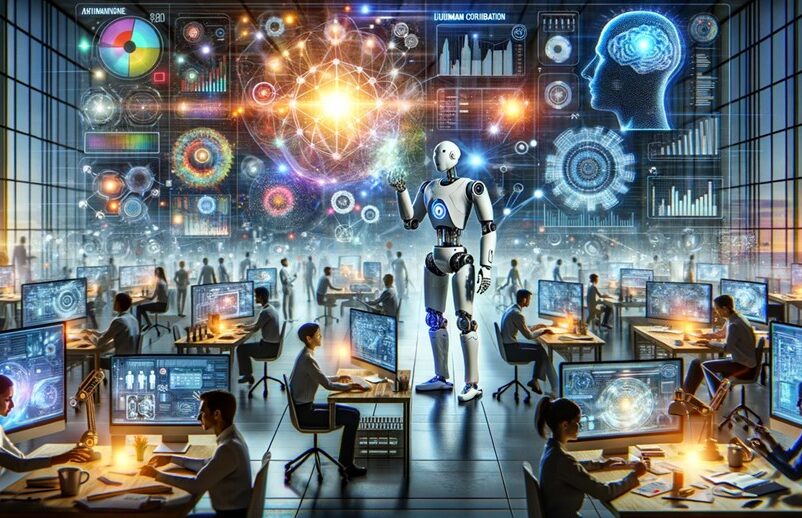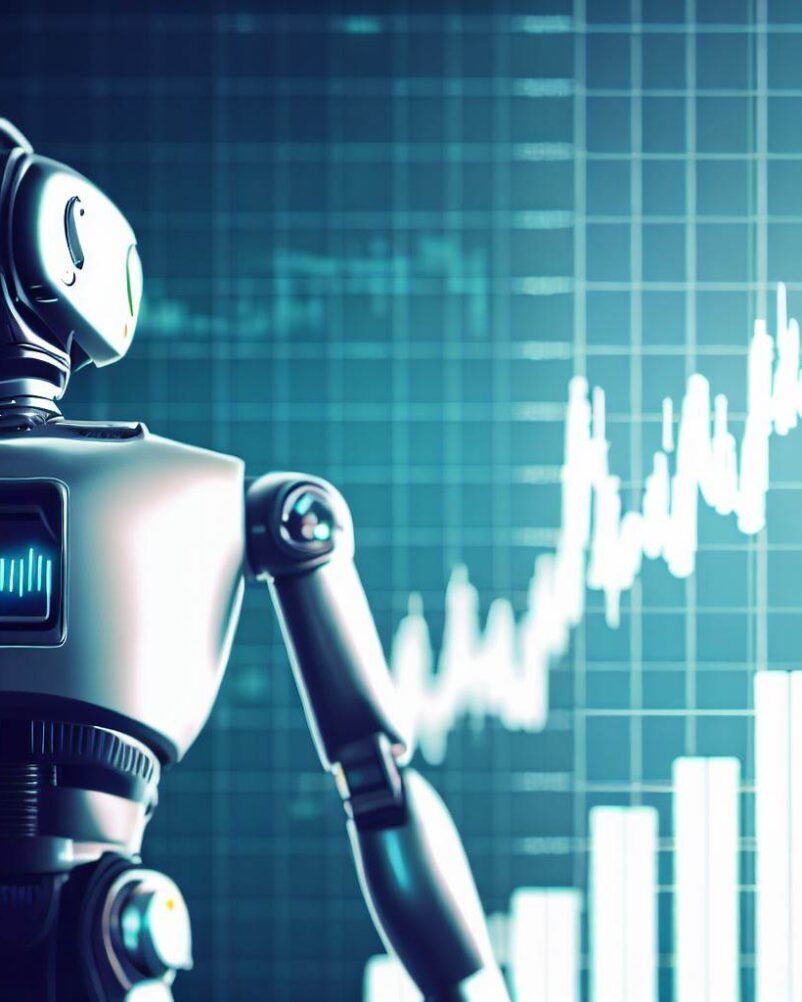
In an era where artificial intelligence (AI) and automation are no longer just buzzwords but realities reshaping our daily lives, the future of work stands at the brink of a significant transformation. This evolution promises to redefine not just how tasks are accomplished but also the very nature of jobs, posing both opportunities and challenges for the workforce.
The Wave of Change
The advent of AI and automation has heralded unprecedented efficiency and innovation across various sectors. From manufacturing lines where robots assemble products with precision to software algorithms that manage complex data analytics, these technologies are setting new standards for productivity. In the service industry, AI-driven tools are enhancing customer experience through personalized interactions, while in healthcare, they assist in diagnosing diseases with remarkable accuracy.
However, this wave of technological advancement brings with it concerns of job displacement. Routine and manual jobs are most at risk, as machines can perform these tasks faster and without fatigue. Even certain cognitive roles are being automated, as AI systems develop capabilities to handle tasks requiring analysis and decision-making.
The Undiminished Value of Human Skills
Despite these disruptions, the human element remains irreplaceable in many aspects of work. Skills such as creativity, empathy, and complex problem-solving stand out as uniquely human strengths that AI and automation cannot replicate. For instance, while AI can aid in diagnosing patients, the empathy and care provided by healthcare professionals are crucial for patient recovery. Similarly, in creative industries, AI tools may assist in the creative process, but the original vision and emotional depth of art come from human imagination.
The future of work, therefore, is not about humans versus machines but about how humans can leverage these technologies to enhance their capabilities and explore new opportunities. The emphasis is now on enhancing human capabilities through AI and automation, paving the way for more fulfilling and significant job roles.
Preparing for the Future
As the job landscape evolves, so too must the workforce. Preparing for the future involves embracing lifelong learning and adapting to new roles that emerge as technology advances. Here are key strategies for individuals and organizations:
-
Skill Development: Continuous learning to acquire new skills or upgrade existing ones is vital. Emphasis should be on digital literacy, technical skills related to AI and automation, and uniquely human skills such as critical thinking, creativity, and interpersonal communication.
-
Flexibility and Adaptability: The ability to adapt to changing job roles and industries will become increasingly important. Workers may need to transition across different career paths during their lifetime, requiring flexibility and resilience.
-
Collaborative Workspaces: Organizations should foster environments that promote collaboration between humans and AI. By designing roles that combine the strengths of both, businesses can unlock innovation and efficiency.
-
Ethical Considerations and Job Creation: As automation displaces certain jobs, societies and economies must consider the ethical implications and focus on creating new employment opportunities in emerging sectors. This includes investing in education and training programs that prepare the workforce for future demands.
Looking Ahead
The future of work is not a distant concept but a rapidly unfolding reality. AI and automation are set to enrich the work environment with efficiencies and innovations, yet the essence of what makes work meaningful — creativity, empathy, and human interaction — remains firmly in the domain of humans. By embracing change, focusing on lifelong skill development, and leveraging the strengths of both humans and machines, individuals and organizations can navigate the future of work with optimism and resilience.
In conclusion, the narrative of the future of work is complex, marked by challenges of adaptation and opportunities for growth. It is a future that calls for a collaborative effort between technology and humanity, ensuring that as we stride into new horizons of work, we carry forward the irreplaceable value of human creativity, empathy, and ingenuity. The journey ahead is not just about adapting to changes but about shaping a future where technology amplifies human potential, making the world of work not only more efficient but also more human.


